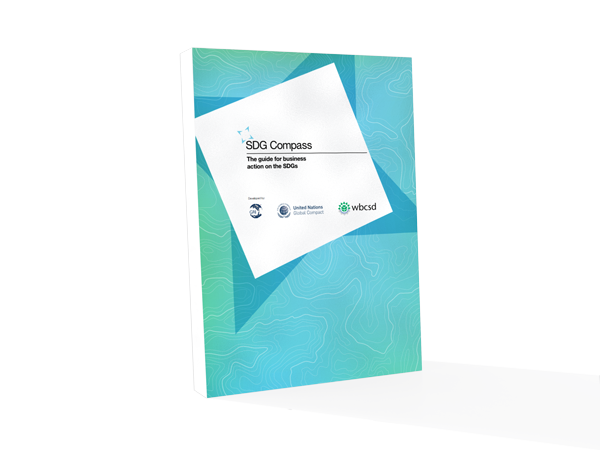"Partner content" in the context of the Sustainable Development Goals (SDGs) usually refers to various materials, resources, and contributions made by partners, such as businesses, non-profit organizations, or governmental bodies, which support the achievement of the SDGs. These partners work closely with the United Nations and other international organizations to create content that supports the sustainable development agenda. This could include research reports, educational materials, promotional campaigns, events, or other types of content that promote awareness and action towards the SDGs.
Such partner content plays a critical role in the implementation of the SDGs by spreading awareness, informing policy decisions, encouraging sustainable practices, and promoting collaboration. For instance, a business may produce a sustainability report showing its progress towards the SDGs, which can then be used as a model for other businesses. A non-profit organization might create educational materials that help schools integrate the SDGs into their curriculum. A government body might organize an event to encourage stakeholders to take actions aligned with the SDGs.
The creation and distribution of partner content can support SDG 17, "Partnerships for the Goals", by encouraging cooperation and shared learning between different organizations and sectors. This helps to pool resources, share knowledge, and align efforts towards achieving the SDGs.
Moreover, partner content can contribute directly to specific SDGs based on the nature of the content. For example, a campaign promoting renewable energy could contribute to SDG 7, "Affordable and Clean Energy", while a report on sustainable agriculture practices could support SDG 2, "Zero Hunger".
Partner content
United Nations University, April 2015.

